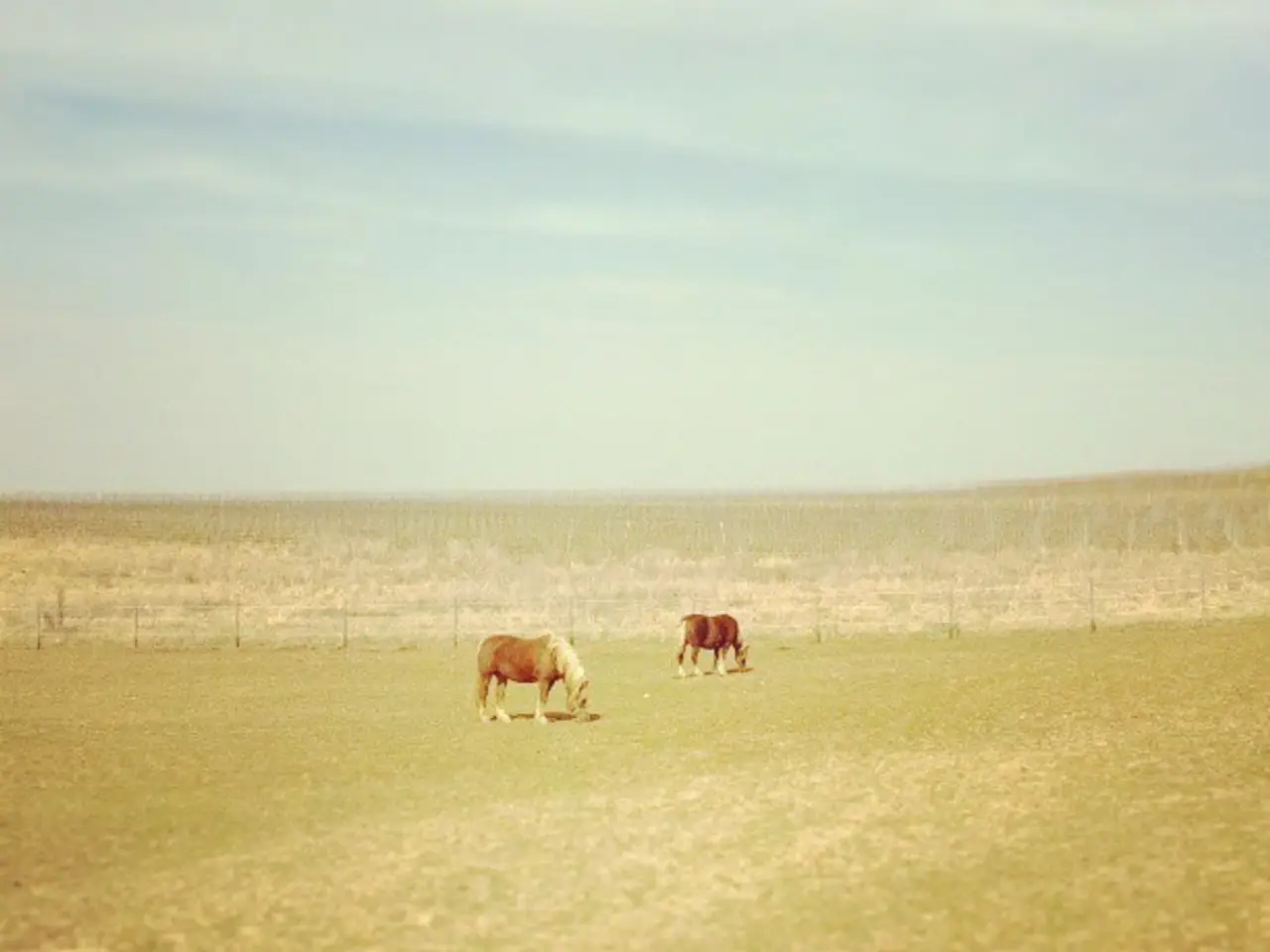The argument as to why animal rescue should remain exempt from criminal charges
In a recent turn of events, a University of California, Berkeley student is standing trial for rescuing four sick chickens from an agricultural facility, facing up to five years in jail. This case has sparked a debate among law professors and animal law experts, who argue that the courts should recognize the necessity defense in cases involving animal suffering.
Kristen Stilt, professor of law and faculty director of the Brooks McCormick Jr. Animal Law & Policy Program at Harvard Law School, and Matthew Liebman, professor of law and chair of the Justice for Animals Program at the University of San Francisco School of Law, are at the forefront of this argument. They contend that rescuers should be allowed to violate lesser laws to prevent the more significant evil of animal suffering, even in agricultural settings.
Two ongoing cases in California involve activists rescuing suffering birds from agricultural facilities. Despite evidence of extensive, unlawful animal cruelty at these same facilities, including sick, diseased, immobile, injured, and dead animals, the agriculture facilities were never charged. Instead, the activists were charged in relation to the rescues.
In recent animal rescue cases in California, the courts have excluded the necessity defense when the life or well-being at risk belongs to an animal. However, law professors and animal law experts have filed briefs in one of these cases on behalf of an activist appealing a 2023 conviction.
The necessity defense allows one to argue that their actions, though illegal, were justified to prevent greater harm. For instance, a neighbor's dog drowning in a backyard pool could be rescued without facing charges for trespassing.
Interestingly, the law has evolved over time to reflect our changing values. There was a time when damaging a car to save an animal would have more legal protection than the animal herself. Today, numerous laws in California and across the country protect animals against harm and codify a necessity defense in specific circumstances, such as 'hot car laws' in about a dozen states.
California law also protects people who trespass to provide food and water to confined animals, and individuals from liability for unlicensed veterinary medicine in emergency situations. However, these protections do not seem to apply in the case of the UC Berkeley student.
As the student's trial begins this week, the public awaits a decision that could set a precedent for future animal rescue cases. The outcome could potentially redefine the boundaries of what is considered acceptable in the name of animal welfare.
Read also:
- Inadequate supply of accessible housing overlooks London's disabled community
- Strange discovery in EU: Rabbits found with unusual appendages resembling tentacles on their heads
- Duration of a Travelling Blood Clot: Time Scale Explained
- Fainting versus Seizures: Overlaps, Distinctions, and Proper Responses






